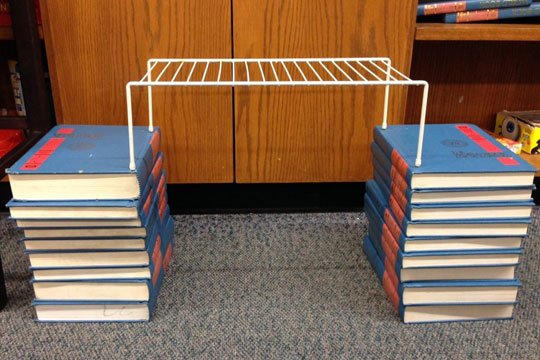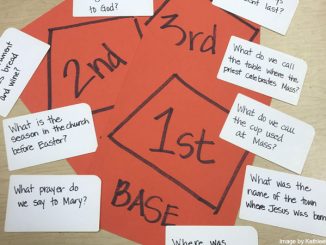
Last spring, I observed a parish catechetical leader facilitate a marvelous reflection and planning day. Throughout the year this leader had carefully guided her catechists in preparing and teaching lessons appropriate to their grade. Yet while grade-level sessions were helpful, she realized that the mission to form students and families in faith would be better served if they examined their students’ faith formation along a continuum instead of in discrete grade levels. For example, given a cohort of students and their families who enter the parish catechetical program in Kindergarten or first grade, what knowledge, attitudes, and practices would they exhibit upon completing second grade—the grade when most children receive their First Holy Communion or are confirmed in dioceses with the restored order?
Entering the parish hall, this leader’s catechists found charts posted around the room, each bearing one of ten diocesan catechetical standards. They spent time in personal reflection, using their lesson plans and teaching resources to map out ways in which they met each standard throughout the year. They provided observations or anecdotes of student/family learning and formation outcomes (learning assessments). Afterward, they gathered with their fellow grade-level catechists to flesh out additional responses. The final exercise was to list on the chart papers how each standard was met in age-appropriate ways at each grade level.
The dynamics were interesting to observe. While they are a tight-knit community of catechists, a few were a bit shy about sharing the details of their lesson plans. Yet, by the power of the Holy Spirit, their conversations became more lively, joyful, and celebratory. Certain statements were repeated around the room: “Oh, that’s a great idea!” “I do something similar.” Veteran and new catechists alike learned from each other in this cross-articulation exercise.
They also discovered gaps in their lessons. In this case, many catechists were reluctant to teach on family-life issues, either because they were uncomfortable with the topic or believed such discussions were to be reserved between parents and children. This gave the catechetical leader the opportunity to address expectations and determine future training and mentoring needs.
Among the group was a pair of catechists who taught a group of fourth- and fifth-grade students clustered into one class. They dutifully mapped out the student learning outcomes for both grade levels, recalling the occasions when the students were taught as a whole group or divided by age.
This method of curriculum review is valuable whether your parish catechetical program is organized by grade level or grade clusters. Certainly, catechists teaching the same grades should meet to target student learning/formation objectives and to ensure consistency with parental involvement expectations. If your program combines students in grade clusters, catechists should map the learning/formation objectives for each grade. For grade clusters, classroom procedures typically involve gathering students as a whole group for prayer and general instruction, followed by time for students to engage in an activity appropriate to their grade levels. Students are gathered once again as a whole group to summarize the lesson and conclude in prayer.
Whatever your program structure, attention to curriculum standards, regular opportunities for sharing, and prayer ensure consistency, continuity, and collaboration and promote a healthy, Christ-centered learning environment.
Finding God: Our Response to God’s Gifts is based on a spiral curriculum that integrates the fundamental themes of the Catechism of the Catholic Church with Scripture and Catholic Social Teachings.





Be the first to comment